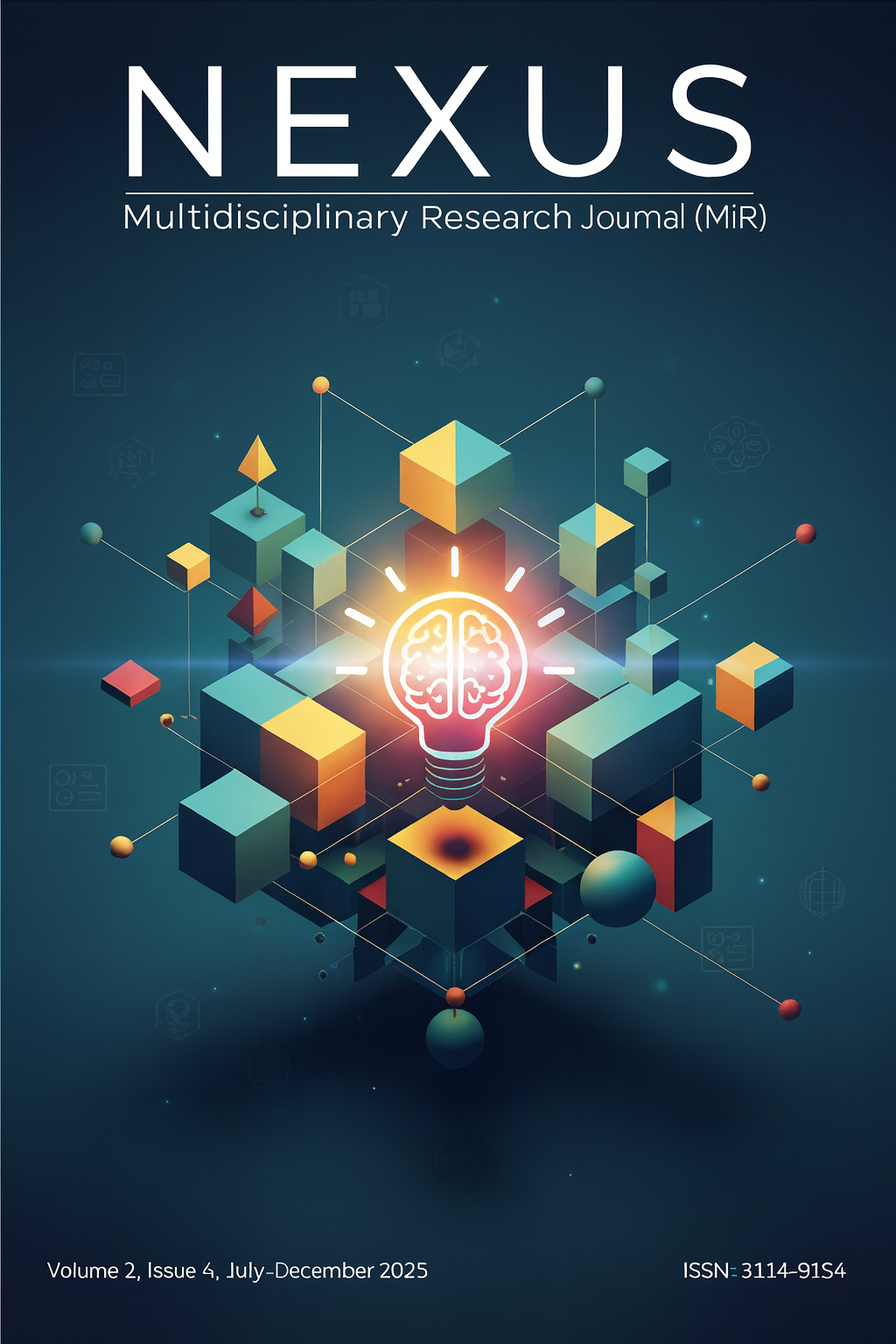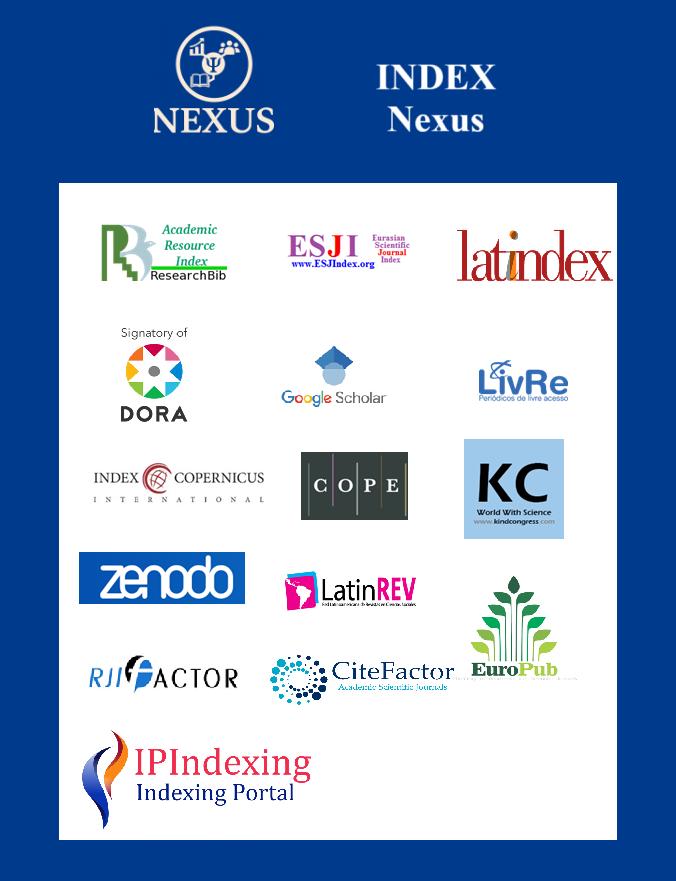The role of argumentation in forensic neuropsychology: a perspective between scientific objectivity and legal decisions
Keywords:
forensic neuropsychology, court reports, custody, domestic violence, interdisciplinary collaborationAbstract
This article examines the impact of forensic neuropsychology in the judicial arena in the context of litigation related to child custody, domestic violence, child sexual abuse, and gender-based violence. Evaluating the quality and accessibility of neuropsychological reports in these cases, the study shows that in custody proceedings the reports stand out for their clarity, diagnostic accuracy, and scientific relevance, which facilitates their admission into the judicial process. In contrast, reports on gender-based violence and domestic violence are more problematic in terms of clarity and accessibility, which may reflect the complexity of evaluating emotional and psychological abuse as opposed to physical abuse. These results highlight the need for collaborative work between neuropsychologists and lawyers, and therefore for actors in the judicial system to have better training and expertise in forensic neuropsychology to optimize the interpretation and use of reports. It is also proposed that more and better methodologies in forensic neuropsychology are needed for preparing reports submitted to the courts.
Downloads
Downloads
Published
Issue
Section
License

This work is licensed under a Creative Commons Attribution-NonCommercial 4.0 International License.










